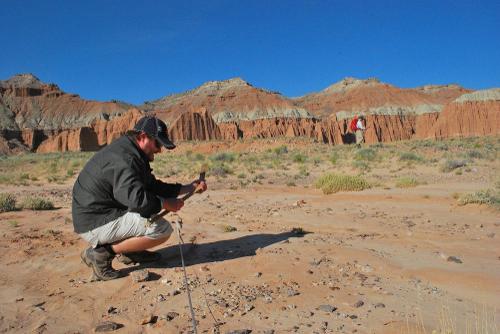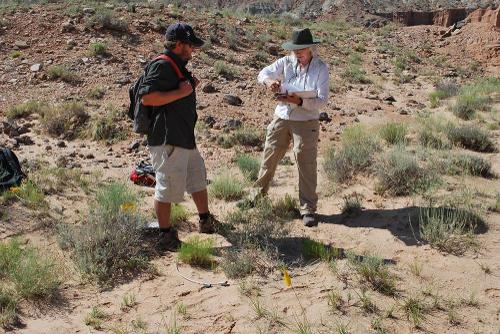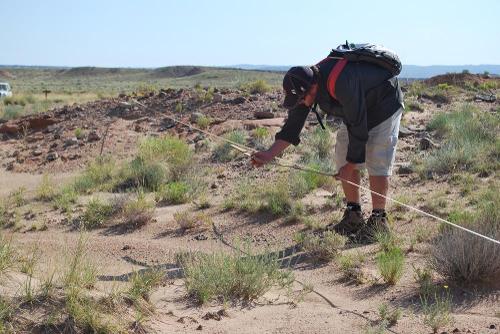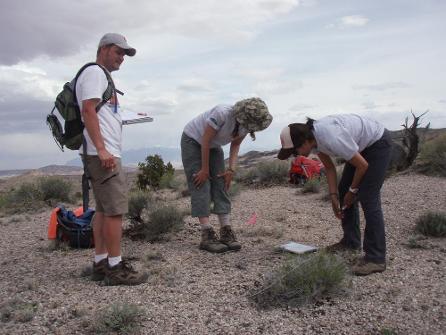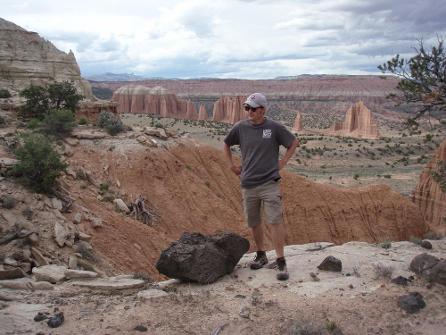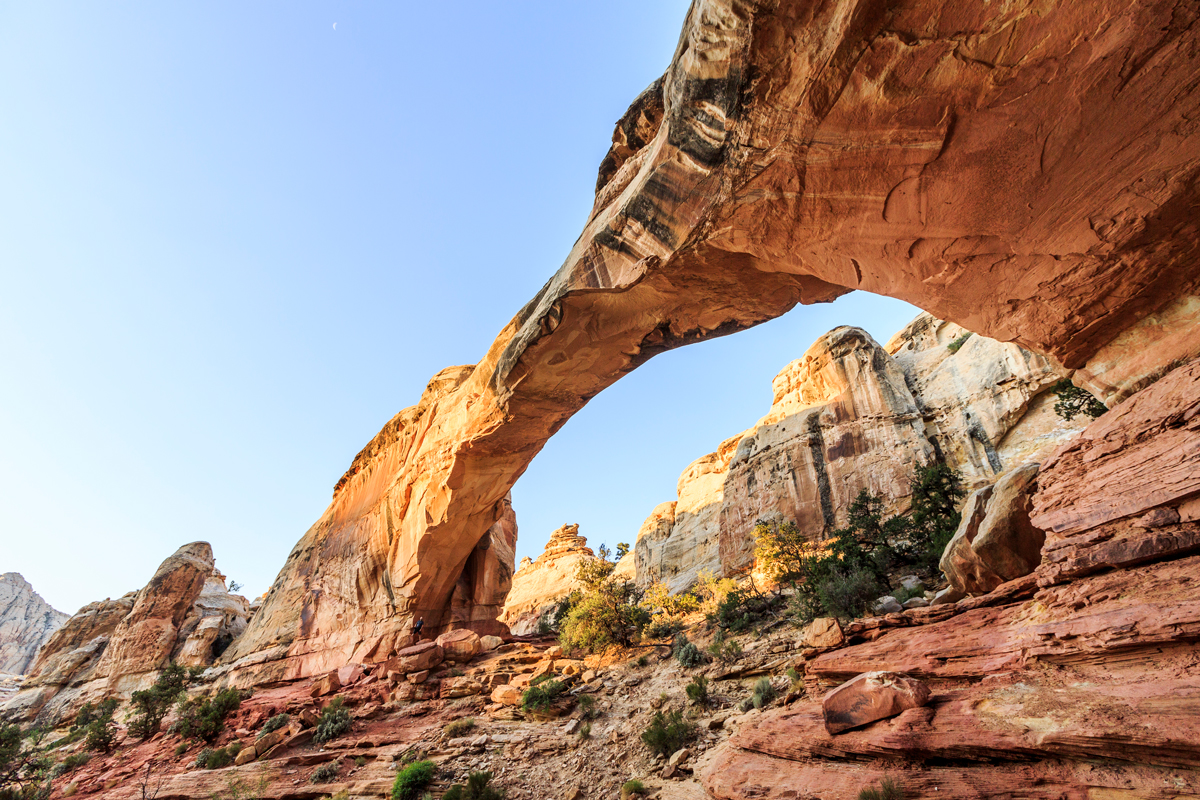

From Listening to Podcasts to Getting a Degree
Matt Wang’s passion for science came about in an unusual way. He was diagnosed with testicular cancer when he was 29 years old, and he needed something to pass the time during chemotherapy treatments. He quickly discovered that watching movies made him sick, so he began to listen to podcasts instead. His favorite was Radiolab, a show that weaves stories with science and philosophy.
Before long, he had listened to just about every science podcasts he could get his hands on. From there, he began to read books written by guests on the show. He was hooked. “At the risk of sounding a tad bit cliché, cancer has a way of changing a person’s outlook. I decided that, should I survive, I was going to do something great with my life.” He determined that the first step would be to go back to school and get some sort of degree in science.
In between treatments, he had a lot of time on his hands and was looking for reasonable hobbies. His dad had always enjoyed gardening and suggested that Matt plant his own. He put in a small one, which wore him out a bit, but he found it enjoyable and it passed the time.
A few years later, Matt’s gardening hobby had grown into a business. He was a cancer survivor with an organic hot sauce company who was debating between a major in physics and a major in biology. He was standing in line at the “one stop” at UVU to get enrolled at UVU when he came across a display of brochures about degrees. When he read the botany major’s brochure, he made up his mind on the spot.
He was two years into his botany degree when he applied for the Natural Resources internship through Capitol Reef Field Station. He would be working alongside the park biologist at Capitol Reef National Park, which, Matt explains, is an opportunity that is hard to come by as a student. “Landing jobs with the National Park Service is difficult; there a lot of people trying to get the available jobs, and most have more experience than anyone who has yet to complete their undergraduate degree.”
He loved working at Capitol Reef and made a good number of wonderful friends during his internship. He remarked, “I wanted nothing more than to go back.” He re-applied for the internship the following year. Over the course of two summers, Matt doubled the length of his CV. In addition to learning about the local ecosystem, he had the chance to learn about field techniques and methods. He expanded his knowledge of ArcGIS and other useful computer programs. In the past, his career goals had been numerous and varied, but working in the park helped him decide to pursue conservation biology.
Matt knew that graduating would prevent him from returning to the park for a third year, so he planted the seed to return to the park as an employee. This summer, the park is hiring him through the Great Basin Institute to work as a field lead. Because of his extensive knowledge of the area and the work that is being done, he will be the one in charge of taking the interns out into the field to collect data.
This job will end in the fall when Matt goes to Northwestern University for a Master’s degree in Plant Biology & Conservation program--a partnership between Northwestern and the Chicago Botanic Garden. Matt’s specific research falls into the conservation genetics category. His research will be related to the work he did at Capitol Reef.
During his internship, the bulk of his time was dedicated to collecting demography and disturbance data for a few federally listed plants, including two cactus species. On field days, the team collected parts of Pediocactus winkleri for a project started by a BYU graduate student. When that student decided to not pursue his degree, Matt ended up taking over the project, which includes plant systematics as well as conservation genetics. He says, “It got me thinking about another rare plant in the park, Sclerocactus wrightiae. The distribution of the plant is limited and with the recent introduction of a new pest, I thought it might be interesting to look at genetic diversity, gene flow between populations, and how this recent infestation may be affecting diversity.” He pursued the idea and is going to start collecting data this summer.
Matt’s UVU internship was incredibly valuable in preparing him for graduate school and his future career, but his experience had broader implications. “It instilled in me the importance of conservation and a respect for the desert. Most people think the desert is a barren ugly place. I think it’s the most beautiful place in the world. When you spend a lot of time in the desert you start to notice the small things that your average Joe would walk right past. It’s in these little bits that I find the most beauty, and it’s worth protecting!”


